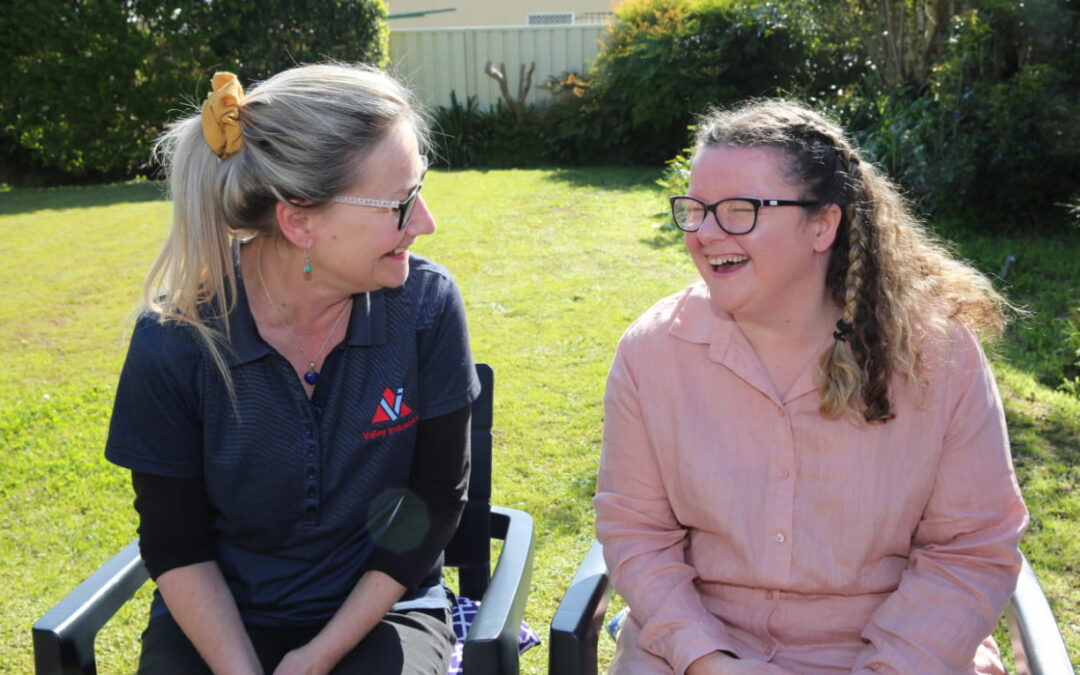Living independently is a fundamental human right that everyone should enjoy, including people with disabilities. However, for many people with disabilities, this right is not always guaranteed, as they may require assistance with daily activities such as bathing, dressing, and eating. Disability Supported living is one way to address this need and promote independent living. In this article, we will explore how disability-supported living helps people with disabilities live independently.
Understanding Disability-Supported Living
It is a type of care that provides assistance to people with disabilities in their homes or in the community. It is a person-centred approach that focuses on the individual’s needs, preferences, and goals. It can include a wide range of services, such as personal care, meal preparation, transportation, social activities, and medical care. It is a flexible form of care that can be tailored to meet the unique needs of each individual.
Benefits of Disability-Supported Living
It has many benefits for people with disabilities such as:
- Independence and Self-Reliance: One of the most significant benefits is that it promotes independence and self-reliance. By receiving support in their homes or in the community, individuals can maintain their autonomy and make their own choices.
- Specialized Care and support: It also provides access to specialized care and support services, such as physical therapy, occupational therapy, and speech therapy, which can improve physical and mental health.
- Increased Social Opportunities: Additionally, it increases social opportunities and community involvement, which can help individuals feel more connected and engaged in their communities.
How It Helps People Live Independently
It is an essential tool for helping people with disabilities live independently. Disability Support organisations offer personalized care and support that is tailored to the individual’s needs, preferences, and goals. It also offers skills development and training to help individuals acquire the skills they need to live independently. It can also provide home modification and accessibility services to ensure that the individual’s home is safe and accessible.
Conclusion
Disability supported living is a vital tool for promoting independent living for people with disabilities. It offer disable people support and care, skills development and training, and home modification and accessibility services. It is an essential part of ensuring that everyone, regardless of ability, can enjoy the fundamental human right of independent living.

